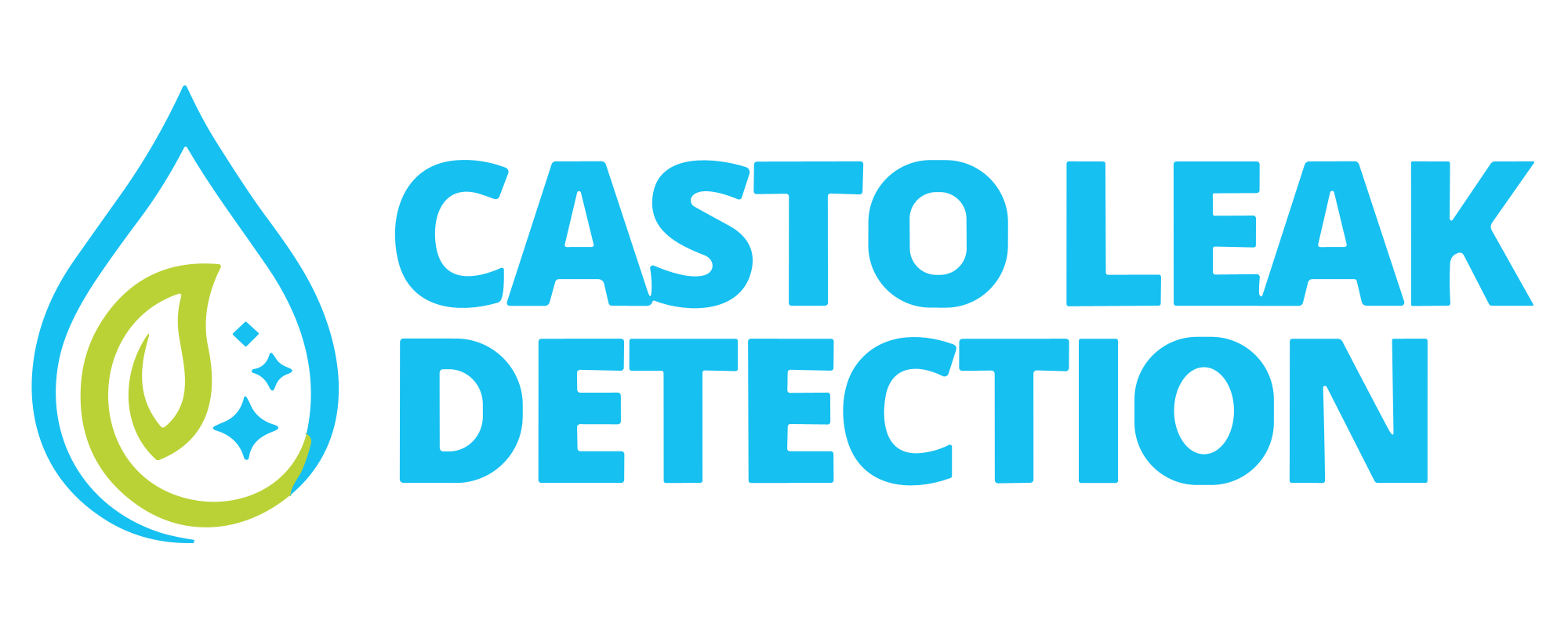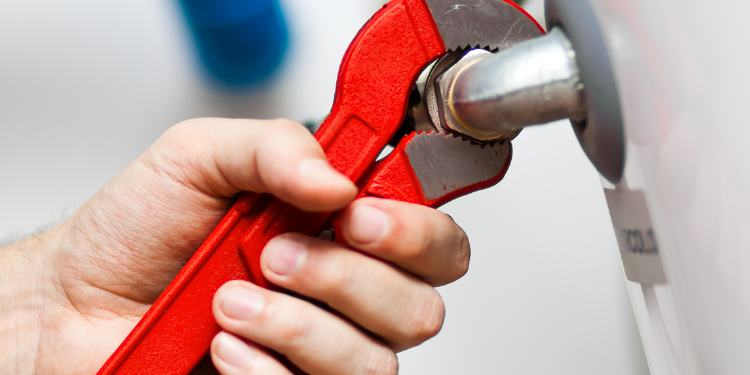Ensuring your home is protected from water damage is essential, especially in areas like Richardson, Allen, and Frisco, Texas, where unpredictable weather patterns can lead to leaks. One of the best ways to safeguard your property is by installing a water leak sensor. This device helps detect even the smallest leaks, preventing costly damage and water waste. But with so many options on the market, how do you choose the best water leak sensor for your home?
Key Takeaway: Choosing the best water leak sensor requires considering factors such as sensor sensitivity, smart home compatibility, and installation ease to ensure your home is well-protected against water damage.
Sensor Sensitivity: Finding the Right Balance
Why Sensitivity Matters
When selecting a water leak sensor, sensitivity is crucial. Sensors that detect even the smallest leaks, such as those under a sink or behind walls, can prevent a minor problem from becoming a major disaster. However, overly sensitive sensors may trigger false alarms from humidity or condensation, especially in homes with older plumbing systems.
Where to Place Sensitive Sensors
For homes in Plano and North Dallas, where high humidity can sometimes be a concern, it’s essential to place water leak sensors in strategic areas. Focus on locations prone to leaks, such as near appliances like water heaters, dishwashers, and washing machines. These areas are common culprits for slow leaks that often go undetected until severe damage occurs.
Pairing with Other Home Sensors
Another important factor is whether your water leak sensor can work in tandem with other devices, such as a temperature or humidity sensor. In areas like Addison and Lake Highland, where seasonal weather shifts can lead to pipe bursts, combining sensors can provide a more comprehensive home protection system.
Smart Home Compatibility: Integrating Technology
Wi-Fi or Standalone Devices
For homeowners in Garland and Wylie, a smart home-compatible water leak sensor could be an excellent choice. Wi-Fi-enabled sensors can send real-time notifications to your phone, alerting you instantly if a leak is detected. However, if you’re not comfortable with technology or prefer simpler solutions, there are standalone sensors that function independently of your home’s network.
Integration with Voice Assistants
If you’re using smart devices like Amazon Alexa or Google Home, check if your water leak sensor can be integrated. This compatibility allows for seamless communication between your devices, enhancing your ability to monitor and control your home environment remotely. In homes across Rowlett and Sachse, voice-activated smart devices are becoming more common, making this a valuable feature to consider.
Smart Home Hub vs. Wi-Fi
While some water leak sensors connect directly to your home’s Wi-Fi, others require a smart home hub. Homes in larger cities like North Dallas may benefit from hub-based systems for enhanced security and better connectivity across devices. This system can manage multiple sensors throughout your home, ensuring every corner is protected.
Installation Ease: DIY or Professional Help
DIY Installation
In many cases, water leak sensors are designed for easy installation, and most homeowners can manage it themselves. These sensors often come with adhesive backs or mounting brackets, allowing you to place them in high-risk areas without needing professional help. If you live in an older home in Richardson or Frisco, you might find that these sensors are an excellent DIY project for added home protection.
When to Call a Professional
However, if your plumbing system is more complex or if you’re unsure where leaks are likely to occur, hiring a professional can be a wise choice. At Casto Leak Detection, we offer expert advice and installation services, ensuring your home is protected from water damage in the best way possible. For homes in cities like Allen or Plano, where hard water can cause more frequent leaks, this professional touch can make all the difference.
Wireless vs. Hardwired
Wireless sensors are becoming increasingly popular in areas like Addison, thanks to their ease of installation and flexibility. They can be placed in hard-to-reach locations without the need for drilling or extensive wiring. On the other hand, hardwired sensors are generally more reliable and don’t require battery changes, making them a great choice for homes in Lake Highland that are more prone to long-term water issues.
Additional Features to Consider
Battery Life
When choosing a water leak sensor, consider battery life. Many modern sensors last for years without needing a replacement, but some may require more frequent attention. For homes in Richardson and surrounding areas, where the threat of leaks can be constant, choosing a sensor with a long battery life can provide added peace of mind.
Alarm and Notification Systems
Another important feature is the alarm system. Some sensors emit a loud sound when a leak is detected, while others silently send notifications to your phone. If you live in a larger home in Plano, a loud alarm may be beneficial, especially if you’re not always near your phone.
Durability and Water Resistance
Finally, consider the durability of your sensor. If it’s placed in areas like basements or crawl spaces in homes throughout Garland, Rowlett, or Sachse, the sensor needs to withstand moisture and dirt. Look for sensors that are both water-resistant and designed to last in challenging environments.
Answering Common Questions
What is the best location to install a water leak sensor in my home?
Place water leak sensors near areas prone to leaks, such as under sinks, near water heaters, or behind appliances. In regions like Richardson or Plano, focus on high-risk areas prone to pipe bursts or appliance failure.
How often should I check my water leak sensor?
Most modern sensors will notify you if there’s an issue with battery life or connectivity. However, it’s a good idea to check them every six months, especially in homes in Allen or Frisco, where hard water might cause more frequent leaks.
Can I connect my water leak sensor to my home security system?
Yes, many water leak sensors can integrate with home security systems or smart home setups, allowing you to monitor for leaks even when you’re not at home. This is particularly useful for homeowners in North Dallas and Lake Highland.
How Smart Technology is Changing Leak Detection
With the rise of smart homes, leak detection has become more precise and accessible. Wi-Fi-enabled sensors that connect to your phone or smart hub make it easier than ever to monitor your home, regardless of your location. In high-tech cities like Addison and Frisco, this added layer of security can save homeowners thousands in potential water damage costs.
Factors to Consider When Choosing a Leak Detection System
Different homes require different leak detection solutions. For larger homes in Rowlett or homes with older plumbing systems in Sachse, choosing a robust system that offers comprehensive coverage is key. While smaller homes might benefit from a few strategically placed sensors, larger homes often require multiple sensors to provide adequate protection.
The Benefits of Professional Installation
Though many water leak sensors are DIY-friendly, professional installation can ensure optimal placement and functionality. At Casto Leak Detection, we recommend professional installation for homes in Garland and Wylie, where older plumbing systems might require specialized attention.







